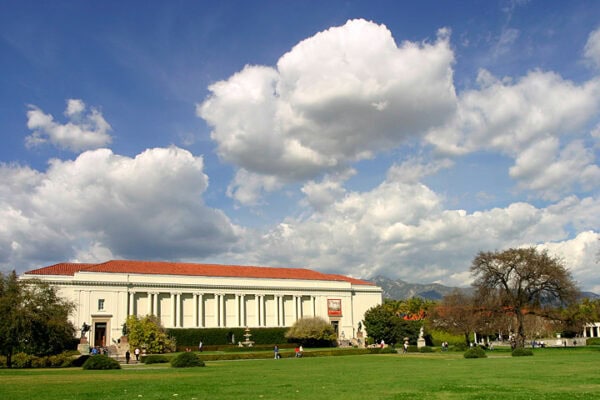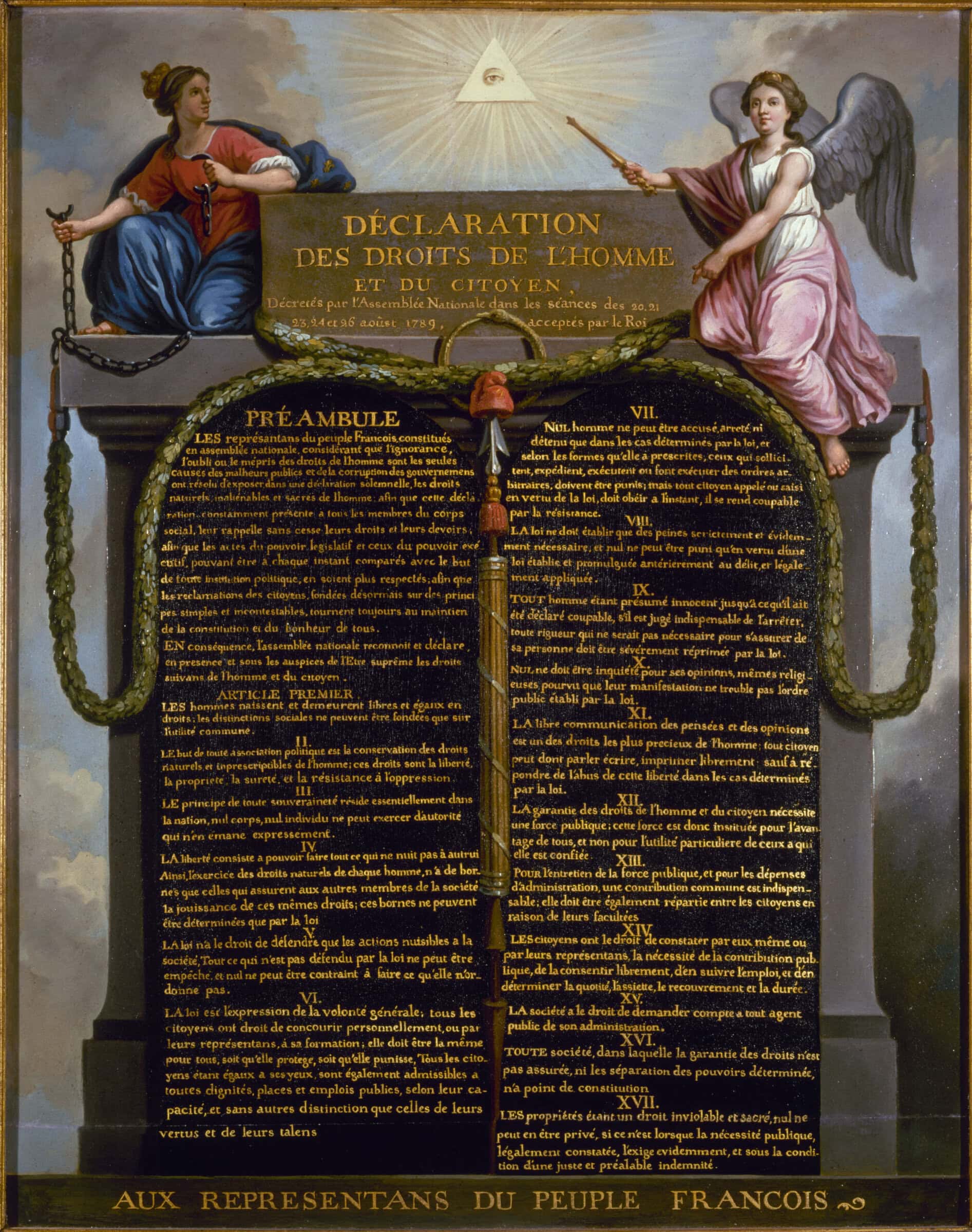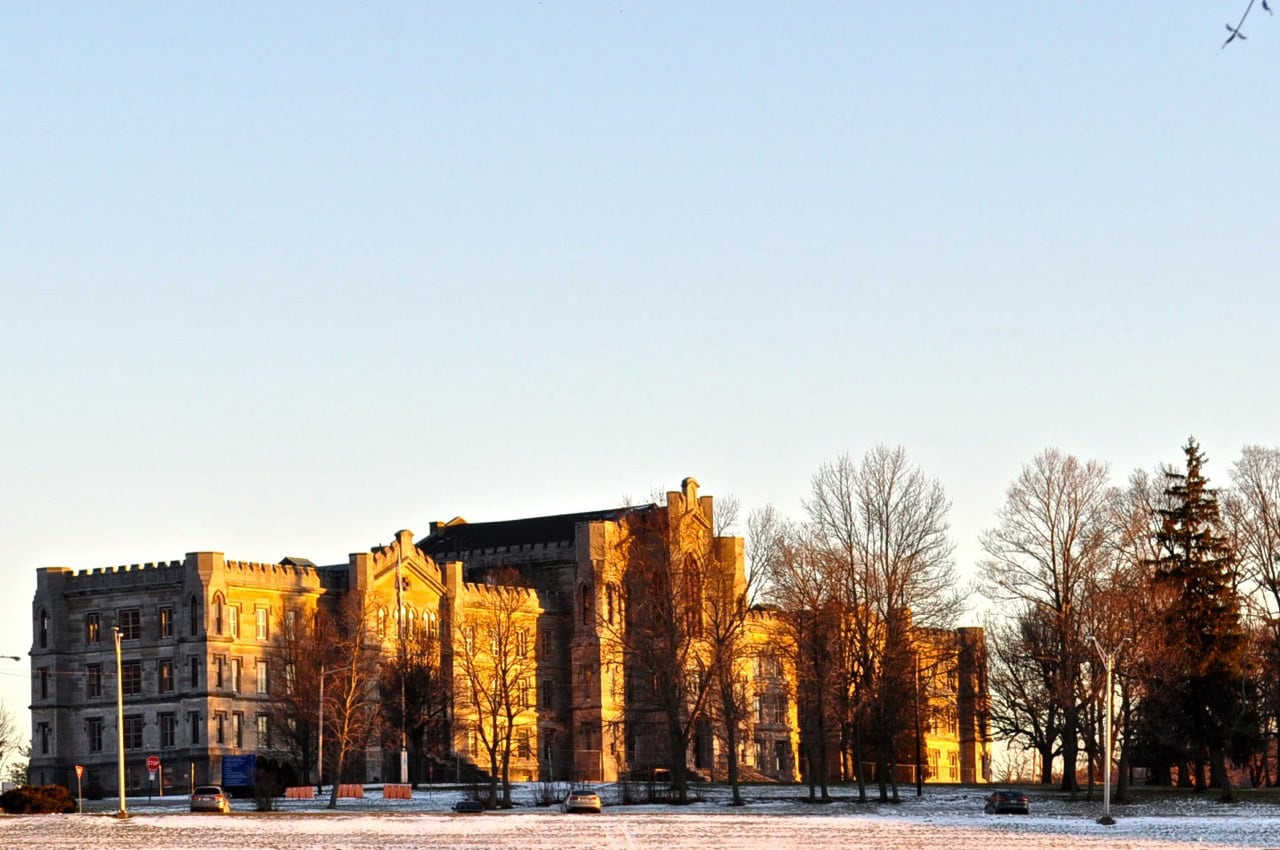The blue books are all graded. If you’re in the coursework zone, your own assignments are in. The sun is out; green is returning to the land. Now, for most of us history grads, it’s time to spend a large portion of our summer in windowless rooms around the globe. Archive season is here!

Social opportunities at archives, like the Huntington Library, allow historians to grow their professional networks. Aaron Logan/Wikimedia Commons/CC BY 1.0
I have to admit that research is my favorite part of being a historian. After numerous conversations in the TA office, I’m aware however that archival work isn’t everyone’s cup of tea. Some grads love teaching, but find wading through the archives occasionally anxiety-inducing. Yet working in archives is one of the tasks that makes studying history unique; maybe acting just on a hunch, we follow the thread of evidence through spidery handwritten letters, photographs, or the myriad of other bits of parchment, paper, or film footage.
The very factors that make the research such a compelling activity—the knowledge that you never know what the next turn of the page might bring—are the same factors that can throw a wrench into our plans. Sometimes, our research plans don’t go the way we intended at all. But we emerge from the experience with stories “from the trenches” that we then swap later at conferences, happy hours, or in seminars, and that cement our ideas of what it means to be a historian.
I thought I had my plans all sewn up one for one research paper a few years ago. I was set to head to the Biola University archives to examine collections relevant to my interest in Southern California fundamentalism. Then an email from a librarian cracked my plans wide open: the archives had a mold problem and would be shut for the foreseeable future. As I scrambled desperately for a solution, I visited the Los Angeles Archives Bazaar, a yearly gathering of Southern California archival institutions on the USC campus. There, I got chatting to representatives from the Occidental College library, who suggested I come and visit their holdings. Not only did I write my research paper on time for that class, but a small slice of that research made it into my dissertation five years later. A research experience that started out as a potential disaster turned into an opportunity—but only thanks to that chance encounter at the Archive Bazaar.
How many of us have similar tales to tell? Or felt the crunch as our time in a particular collection ticks down? Sometimes we just don’t find what we need or hope for in an archival collection. While this can be disheartening, as historians we know that this just means that we have to go back to the drawing board and ask a new set of research questions. We know that plans change, projects morph, and all we can do is the best work we can with the records that are available to us.
Going to the archive or library also gives us the opportunity to meet with a whole new group of people outside our regular academic circle. For the most part, research trips are lonely experiences. We conduct our archival visits by eking out a tight budget, trying to wring the maximum amount of research time by staying in less than glamorous accommodations, and skimping on nonessentials. Many of us spend weeks in a strange city, with a solo dinner and a Netflix subscription as the evening highlight. But the social interactions we have at the archives provide a valuable chance to build our professional networks.
Larger archives are the watering holes of the history world. Some offer meet & greet opportunities—the Huntington Library where I did much of my writing hosted weekly afternoon tea breaks. In other places, sometimes all we need to do is to ask fellow researchers about the documents they’re looking at. I’ve also found that, especially in smaller and more specialized repositories, archival staff love to talk about sources and are keen to hear about where we might take our projects. Some of the people who were most enthusiastic about my PhD research were the staff at the Biola University library, the archive where I spent the bulk of my time (once the mold problem was fixed, that is). The fact that archivists are passionate about their collections—and know them better than anyone else—means that they can help point us in the direction of potentially useful sources. Often an archive will offer funding to researchers. The time spent building up a network of library contacts might prove invaluable to getting these fellowships.
It’s not just records we access at an archive. These are spaces in which we find future conference panelists, encounter other grads and faculty members working in our fields, or meet archivists who help us out of a research roadblock. The archival landscape is shifting, however, perhaps with significant consequences for this part of our lives as historians. More archives are moving their collections online, accessible 24 hours a day, seven days a week. Digital archives make our lives easier; there’s no travelling involved, no risk of running out of time on a research trip. But what’s the trade off? What we gain in research convenience, might we potentially lose in community?
This post first appeared on AHA Today.
This work is licensed under a Creative Commons Attribution-NonCommercial-NoDerivatives 4.0 International License. Attribution must provide author name, article title, Perspectives on History, date of publication, and a link to this page. This license applies only to the article, not to text or images used here by permission.


